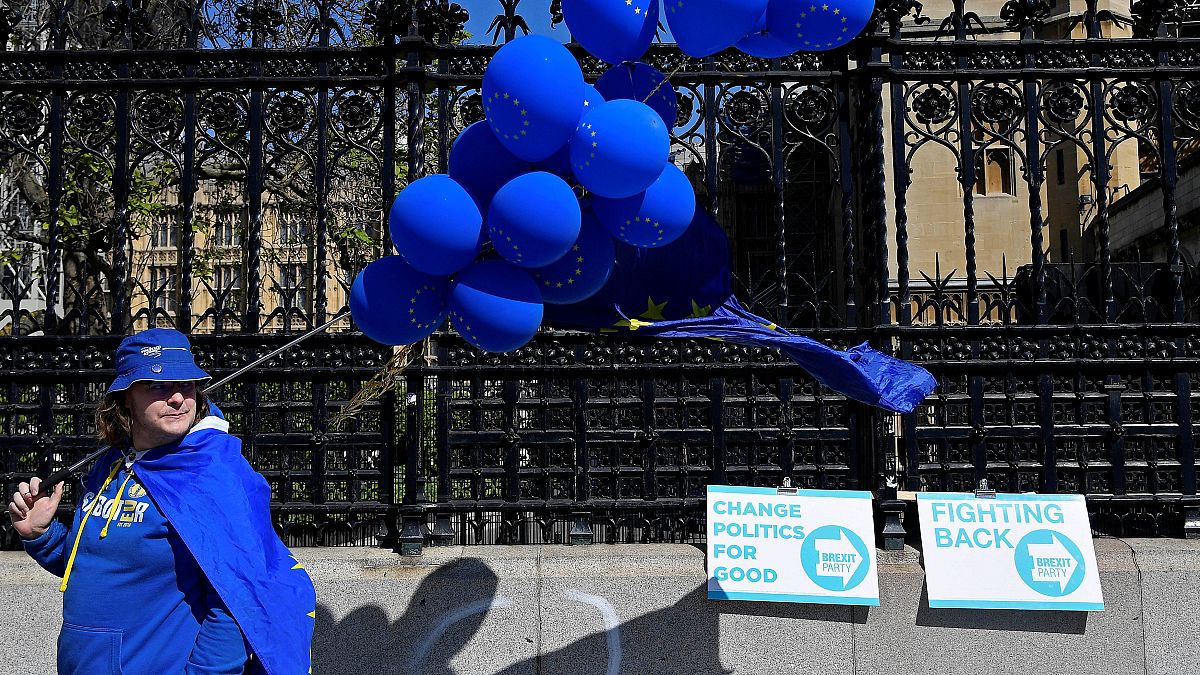UK MEPs are saying a long goodbye to Brussels, but what impact will their presence have on the new European parliament and what will happen when they leave? We explore the Brexit effect.
British eurosceptic leader Nigel Farage might have had milkshake thrown over him on the EU election campaign trail but predictions say his Brexit party is set to win the most seats for the UK.
And that could play a significant role in how the European Union is made up for the next 5 year term.
Currently there's 751 seats in the European Parliament. With Brexit happens that will go down to 705.
The minimum number of seat per country at the moment is six for the smallest nations.
Like Malta, Luxembourg and Cyprus which have small populations.
Germany has the most seats as it's got the largest population.
Once the UK leaves, its 73 seats will be redistributed.
The plan is to leave some for any new countries which join the EU.
Other seats are set to be shared around current members.
Spain and France getting the most.
The Netherlands and Ireland will do well proportionally for their size.
And there are a number of other EU countries who'll all be given one extra seat each.
If Brexit does happen on October 31st as planned, it will be those who just missed out from those countries who will take up the redistributed seats.
But in those weeks the European Parliament will be voting on whether to approve the selected president for the European Commission - Europe's top job.
British Eurosceptics could play a role in blocking someone they particularly don't like.
All of the European Parliament's 15 presidents have been white and only two have been women.
While only 20 MEPs in the last legislative term came from a minority background, six were from the UK.
While the turmoil in the British government over Brexit continues, there's still the chance of a further extension past October 31st - so the British MEPs elected may end up sitting in the Parliament for longer than they expect.
